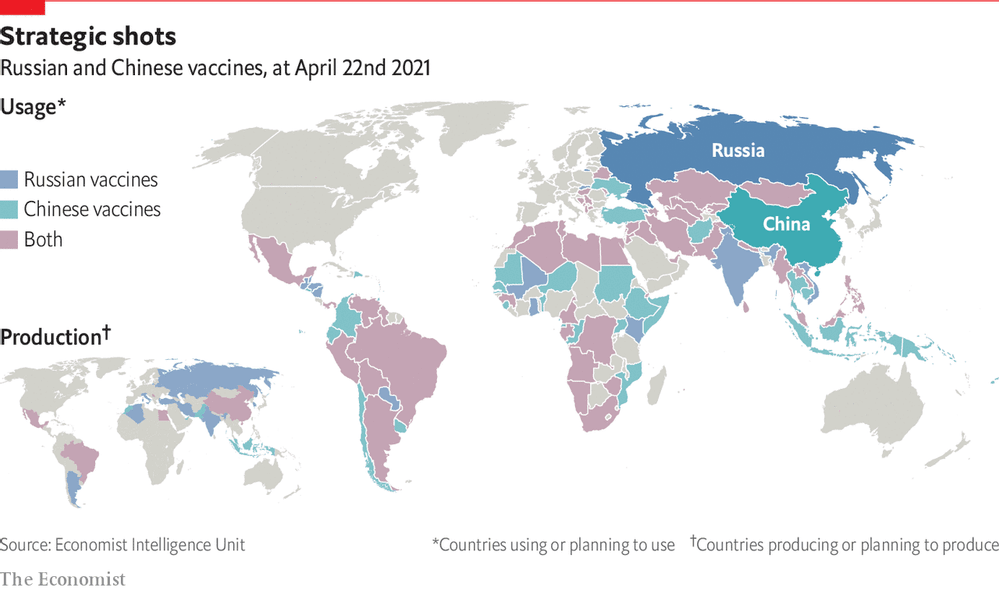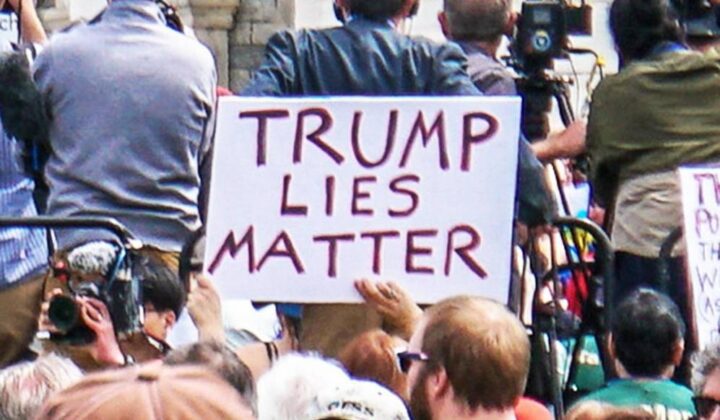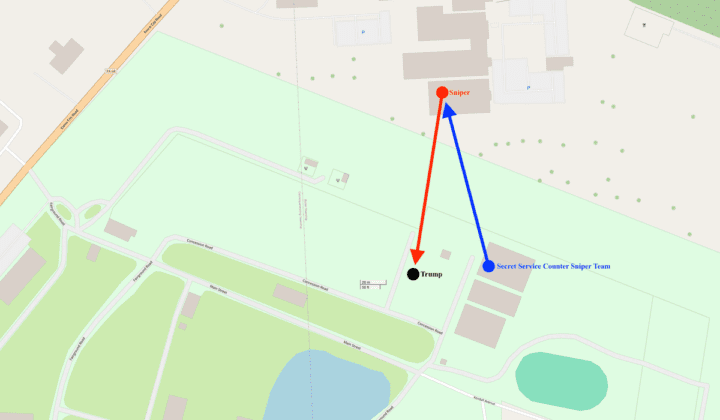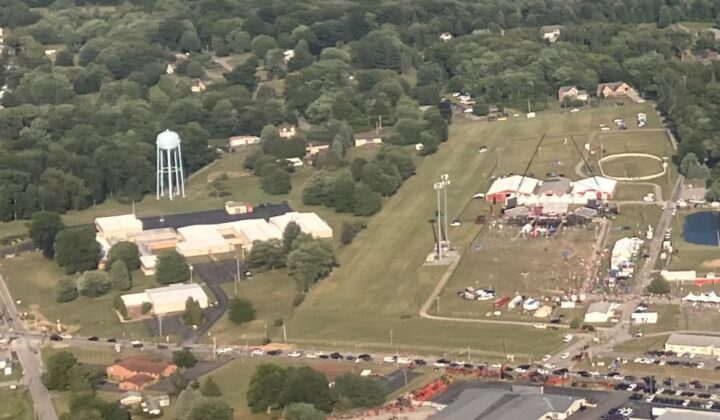In a fantastic display of scientific ingenuity, industrial might, and logistical expertise, American companies developed the safest and most effective COVID vaccines in the world at record pace. Even still, China and Russia are miles ahead of the U.S. in sharing their vaccines with other countries.
In the past, the U.S. played a vital role rebuilding Europe after World War II, feeding the poor as global population soared, and fighting the HIV/AIDS crisis. American leadership in a global pandemic would have been a given a generation ago; now, it’s an afterthought.
After months of inaction, the U.S. recently pledged to donate 80 million vaccine doses to foreign countries. This is certainly a start, but a modest one comparedto the 728 million doses China has promised, 231 million of which have already been delivered. Meanwhile, Russia, a country with a GDP less than a tenth of the United States’, is slated to export 205 million doses.
Why should exporting vaccines be an American priority in the first place?
It’s in both America and the free world’s interest that the U.S. commit to global vaccination efforts.
Very practically, the more COVID spreads abroad, the more likely it is that a variant will arise that our vaccines don’t protect against. Therefore, it’s in our self-interest to ensure that as many people around the world as possible are given the best available vaccines.
The lackluster performance of some foreign vaccines is already on display around the world. Chinese-supplied states like Chile and the Seychelles have faced new outbreaks even after widespread inoculation, leading China’s top disease control official to admit that their leading vaccines are not very effective. Preliminary studies suggest that the Russian-made Sputnik V vaccine is more effective, but it’s been plagued by production delays. Though vaccines from as many sources as possible are certainly welcome, it’s clear that the world cannot count on Russia and China to end this pandemic.
Meanwhile, China has made it clear that it’s not exporting vaccines out of the goodness of its authoritarian heart––it trades them for political favors. In Brazil, this takes the form of guaranteeing that Huawei can participate in the country’s 5G auction. In Honduras and Paraguay, it involves demanding that the countries designate Taiwan a Chinese province. When America cedes leadership to China, it isn’t just Americans who pay the price. The citizens of Hong Kong and Taiwan, the Uyghur people of Xinjiang, and countless other anti-authoritarian activists are collateral damage in China’s vaccine diplomacy. In the global battle between democracy and authoritarianism, millions of people stand to lose if democratic nations retreat.
Is it too late for America to change course?
The U.S. is playing catch-up, but it’s never too late to lead. America is quickly building up a large stockpile of vaccines, projected to reach 300 million doses by July and to expand by more than 300 million doses per month by the fall. This is a start, but we can do more.
Most of the $16 billion Congress has already appropriated to scale up production remains unspent, which is troubling, especially in light of the fact that the nonprofit, Public Citizen, estimates that a $25 billion government initiative could produce an astonishing eight billion doses of mRNA vaccine. This might sound expensive, but the alternative is worse. Vaccinating the world will cost tens of billions of dollars, but failing to do so could cost the global economy $1.2 trillion.
If we want to fight democratic backsliding, we need to prove that democracy offers more benefits than authoritarianism. And what could be more convincing than a 95%-effective vaccine, created through the collaboration of free societies around the world, delivered right to your doorstep?





